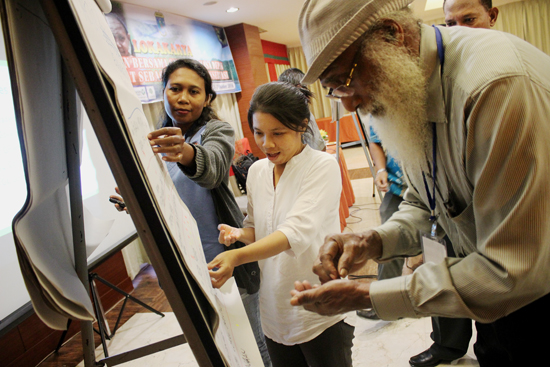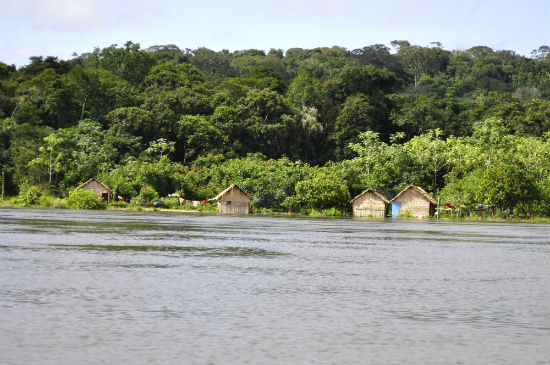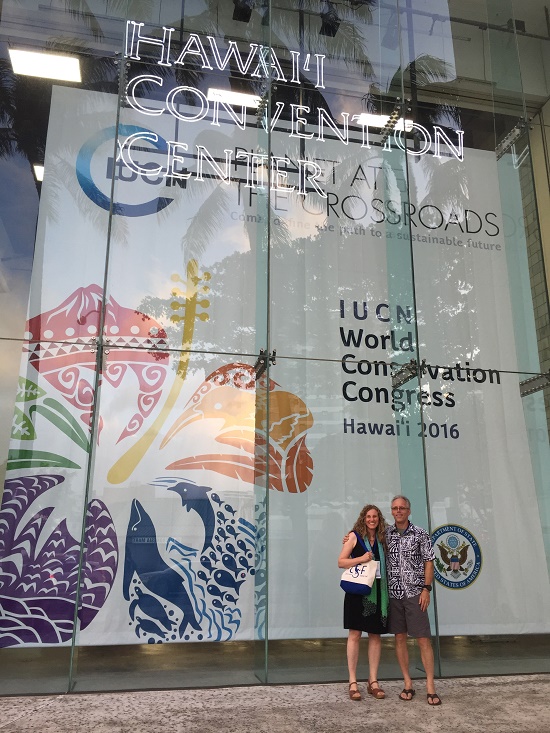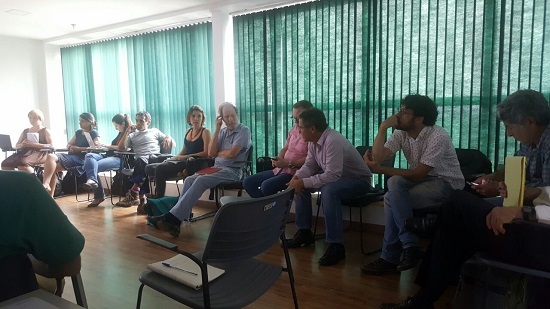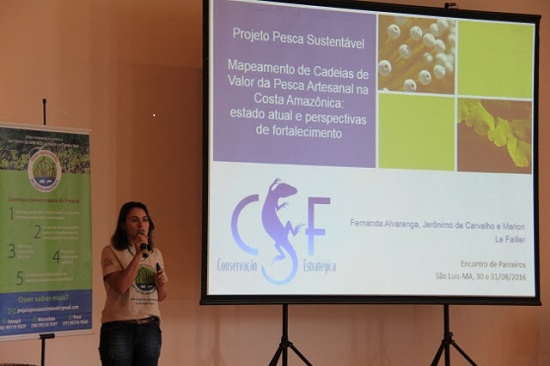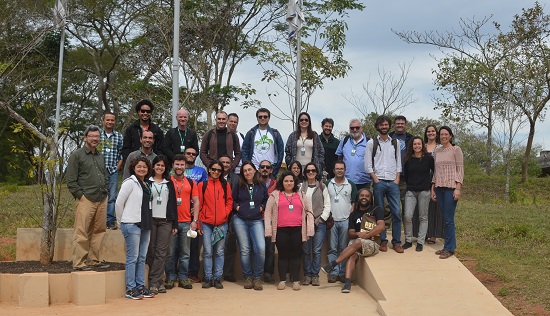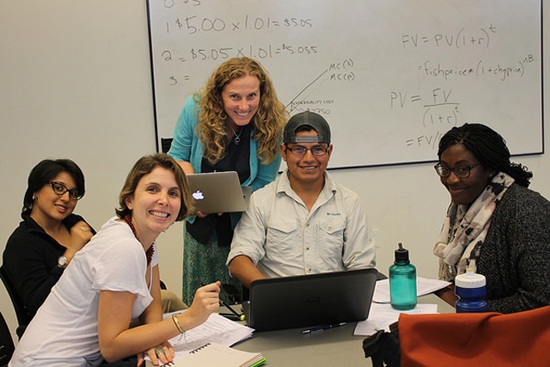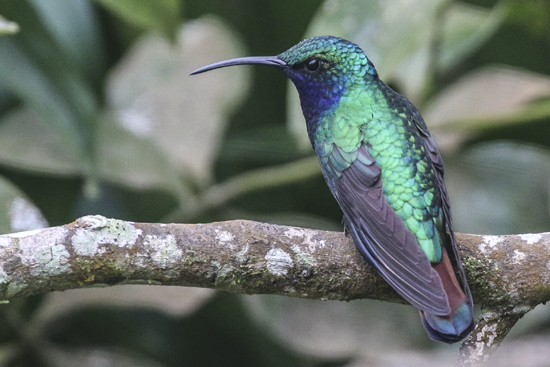News
CSF conducted a study on the economic impact that São Luiz do Tapajós could have had on local populations if its construction in the Brazilian Amazon had been approved.
We analyzed the loss of subsistence income and the impact on two ecosystem services: water quality reduction and the increase of CO2 equivalent emissions.
Traditional houses in the Tapajós riverside.
Last month, Scott Edwards and I attended the International Union for Conservation of Nature’s (IUCN) World Conservation Congress “Planet at the crossroads” in Honolulu, Hawai’i. The IUCN Congress is held once every four years, and affords an incredible opportunity for learning, networking and exchange. The scale of the 2016 Congress was staggering – almost 10,000 people attended the 10 day event.
Infrastructure WG’s participants during the meeting held in September 2016 .
On September 30th and 31st, the United Nations Educational, Scientific and Cultural Organization (UNESCO) and CSF presented the first results of the “Sustainable Fisheries in the Amazon Coast Project" to our partners in São Luís, Brazil. Sixty representatives from government, universities, the private sector, civil society, associations, cooperatives, fishermen groups, trade unions, and the implementing partners attended the meeting.
Fernanda Alvarenga introducing CSF´s work.
In early August, CSF and the Chico Mendes Institute for Conservation of Biodiversity (ICMBio), in partnership with the United States Forest Service (USFS), held a four day training on Economic and Financial Feasibility of Supporting Services for Visitation of Conservation Units (Unidades de Conservação - UCs) at the Biodiversity National Academy (ACADEBio), in Iperó, Brazil.
Course participants and instructors.
Participants formed strong connections over the two-week course. Photo credit: Niki Gribi
Lazuline Sabrewing, photo credit: Alvaro Jaramillo
Colombia has the greatest bird diversity in the world. Approximately 1,900 bird species have been registered, equivalent to 20% of all species globally. This wealth in species highlights a tremendous potential for birding tourism. Current efforts by the Colombian government to increase security and end decades of armed conflict, as well as to promote ecotourism, can help position the country as one of the most important birding destinations in the world.

